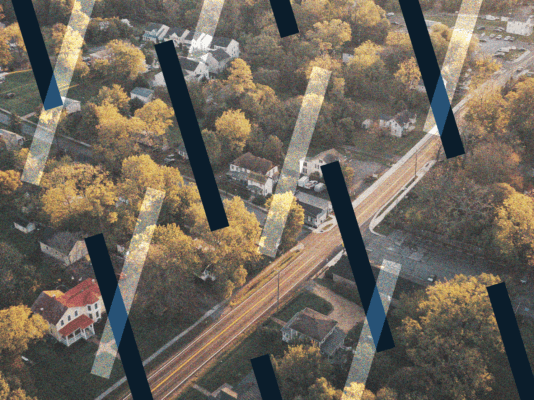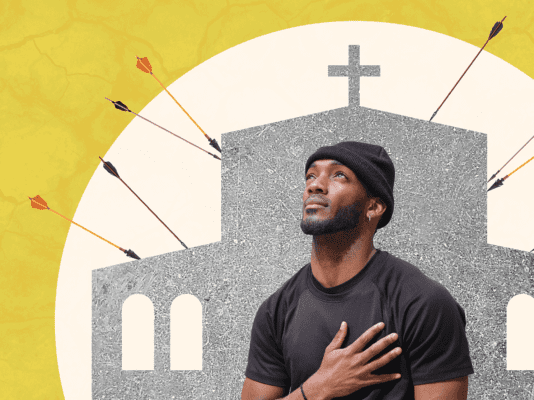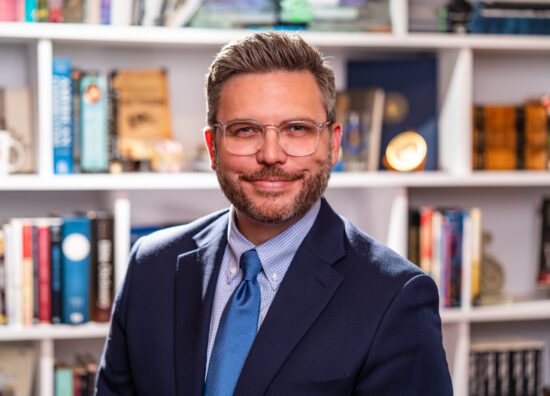We are in the midst of a crisis.
Fifty-eight thousand Americans died during the Vietnam War. And 64,000 Americans died last year from opioid overdose. At least 4,149 of those who died last year were my neighbors and friends in Ohio.
Recently, a 12-year-old boy died because of a fentanyl overdose. He was at a sleepover in my city—the city where my toddlers play at the local parks and where my wife and I enjoy date nights at our favorite restaurants. But sadly, this is also the city where we fill our cemeteries with those who die way too young and where children flood foster homes, orphaned because of opioid overdoses.
Opioids come in all shapes and sizes. Most overdoses happen because of taking heroin laced with fentanyl, a powerful synthetic opioid. Increasingly, users are taking carfentanil, an extremely potent opioid used as an elephant tranquilizer. They come in less suspecting forms, too. You know those orange pill bottles filled with little tablets of OxyContin, Percocet, Lortab, or Vicodin as the pain relievers that helped you get through recovery after your back surgery or wisdom teeth removal, but they are opioids, too. They are dangerous and being pedaled on the streets of our cities. And our neighbors are dying as a result.
We need gospel-centered communities
How should Christians react to the tragic loss of human lives all around us due to opioid abuse? How should the church react to our society’s clear rebellion against God’s design for medication? Rather than seeking yet another program or ministry initiative, though these things are helpful, I think the church will influence the world around us best by living out the gospel in communities of faith. Here are three characteristics of the communities we need:
1. We need communities who fight against all sin— from opioid abuse to self-righteousness.
God opposes the self-righteous (James 4:6). The Son of God took on flesh to live and die in the place of sinners. God’s salvation comes solely as a gift of God’s grace, and not as a result of any goodness in us (Eph. 2:8–9). If this is true, and it is, then our churches should be communities of people where admitting sin makes sense. Confession and repentance should characterize our churches, because we affirm that we all sin (Rom. 3:23) and come to faith only by God’s grace (Eph. 2:8). Our churches, made up of blood-bought sinners covered by God’s grace, will need to develop a culture where the opioid addict and the VBS Director will thrive together because the church deals with all sin and showcases the grace of God to all since none deserve it.
2. We need communities who make the gospel clear and love their neighbors.
The gospel does not offer good news for anyone but sinners. Thankfully, drug abusers are welcome to receive God’s grace through Jesus. When churches make the gospel clear, the “righteousness of God through faith in Jesus Christ for all who believe” (Rom. 3:22), all sinners find reason for hope. And as this gospel is believed, love for neighbor will begin to spread, too. The thousands affected by opioid cravings are more than “druggies” or “addicts;” they are our neighbors, and they are in need of our help and support. Christianity requires neighborly love, and this begins with our churches loving their community.
3. We need communities who preach and live out the gospel of adoption.
The gospel gives orphans the Father and the Older Brother every child wants (Gal. 4:4–5). And now we, as God’s adopted children, get to live out the gospel by caring for those who need a home (James 1:27). The opioid crisis produces more parentless children each day. Churches who take the gospel seriously will take the care of orphans seriously, too, through foster care, adoption, and other means of support. We need gospel communities to step up to the plate to care for the many orphans left without a father or mother because of opioid abuse.
Could it be that simple?
We cannot (and should not) oversimplify the opioid crisis in Ohio and North America. No quick fixes exist. Yes, we may need to explore different practices for prescribing medication to those in pain. Yes, physicians and insurance companies may need to offer alternatives options. There are broken people who need deep healing. Thankfully wonderful organizations exist to aid churches in the fight, but adding a program to help those addicted to drugs, though helpful, will not totally eradicate the problem. Jesus alone has the power to forgive, deliver, and transform.
So, we desperately need more gospel-centered communities—churches—who love Jesus, live out the gospel in community, and take sin seriously. Too many of our neighbors are dying while chasing after the next high. You may not pop a pill to get that high, but each of us run to something for what only Christ can provide. We need to be the kind of Christians and churches who, in word and deed over the long haul, will invite all those looking for another fix to find it in the One who will always satisfy, but never destroy those who come to him in faith.










